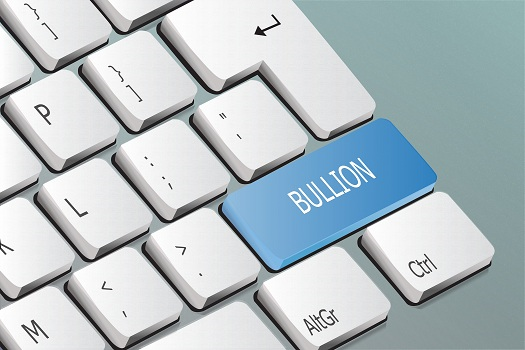What Does the Term “Bullion” Mean with Regard to Precious Metals?
One of the many words frequently mentioned in the world of precious metals is “bullion,” a term with a long and fascinating history that has evolved over time. Today, it’s a word that has come to be associated primarily with gold and silver in physical form. If they’re interested in buying items such as gold, platinum, or silver bars, Scottsdale precious metals collectors might be interested in the following explanation of why bullion is actually called that.
It Refers to Boiling & Melting Houses
It’s believed the word “bullion” comes from an early reference to the melting houses where metal pieces were once refined. The term itself traces its origins to the French word “bouillon,” which means boiling. If we go back to the melting houses, it makes sense that a word referring to the boiling process would be used to describe what used to commonly go on with gold, silver, and other metals in melting houses when craftspeople were creating various physical shapes.
Bullion Evolved to Be a More Precise Term
As is the case with many terms over the years, bullion has evolved to have a more specific meaning than it did when it simply referred to the melting of metals at very high temperatures. Today, it’s a term primarily applied to gold and silver that ranges between 99.5 and 99.9 percent pure. More precisely, bullion typically refers to bars, ingots, and coins within this purity range.
The Term Is Often Used to Describe Unparted Bullion
Because of how difficult it is to work with certain precious metals in pure form, it’s common for other metals to be used when creating bullion. This is done to increase the firmness and durability of the finished product. After all, precious metals in solid form have a great deal of value attached to them, so most investors prefer something that’s going to hold up well. If other metals are included in the mix, bullion is technically considered unparted bullion, although the general term “bullion” is often used instead.
Standards for Bullion Maintain Value & Demand
Bullion is largely valued by investors looking to diversify their portfolios because of its inherent value, especially during times of economic uncertainty. This would likely not be the case if there weren’t currently such strict standards governing what can be officially classified as bullion. In fact, trading on the major bullion markets around the world is typically done at high volumes largely because there’s a certain value and quality expected with bullion.
There Are Different Ways to Invest in Bullion
It’s possible to access the bullion market through methods other than physical precious metals. One of the more common options is with exchange-traded funds, or ETFs. In this case, what you’re usually getting is a gold or silver certificate. With actual bullion in physical form, there are ways you can invest even if you’re fairly limited with what you can afford at any given moment. The reason is because physical bullion comes in a wide variety of sizes and variations. If you do some research, you should be able to make purchases that appeal to you in a way that works well for your budget.
Whether they’re looking for expert advice on precious metals or they want to buy gold, Scottsdale residents should work with trustworthy precious metal dealers who offer high-quality service and have years of experience. Call on the industry-leading professionals at First National Bullion when you’re ready to invest in precious metals, including gold, silver, platinum, and palladium. Give us a call today at (480) 546-5089.
The statements made in this blog are opinions, and past performance is not indicative of future returns. Precious metals, like all investments, carry risk. Precious metals and coins may appreciate, depreciate, or stay the same in cash value depending on a variety of factors. First National Bullion does not guarantee, and its website and employees make no representation, that any metals for sale will appreciate sufficiently to earn the customers a profit. The decision to buy, sell, or borrow precious metals and which precious metals to purchase, borrow, or sell are made at the customer’s sole discretion.


